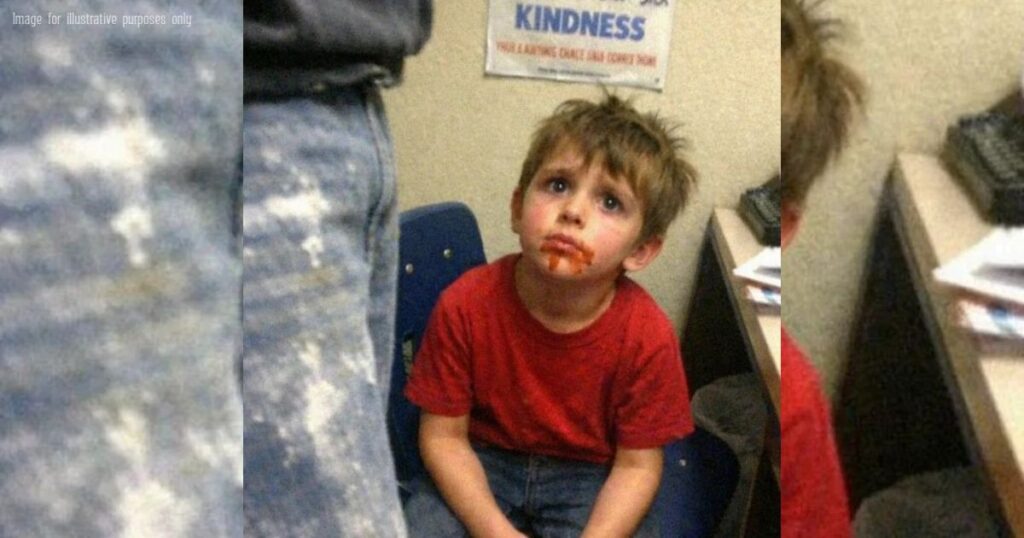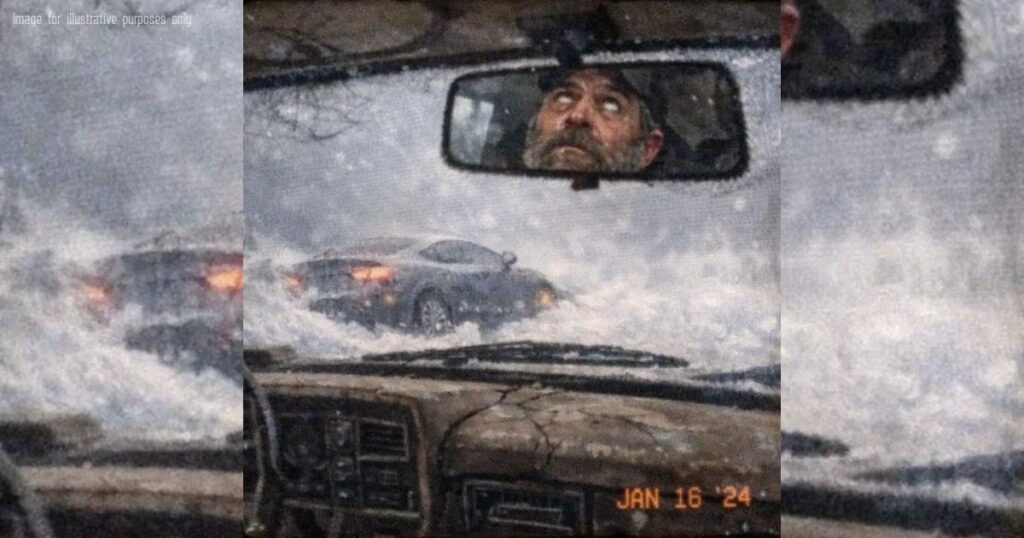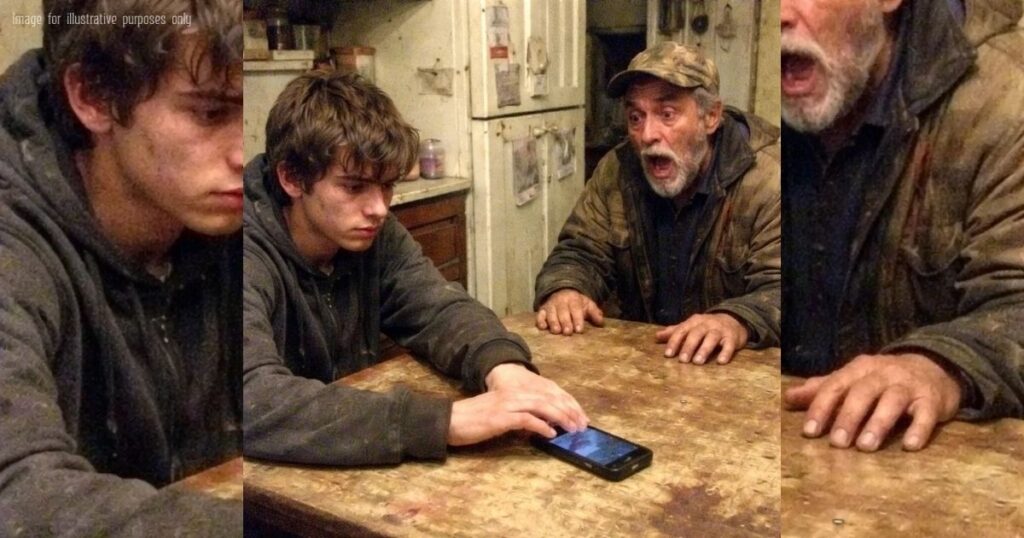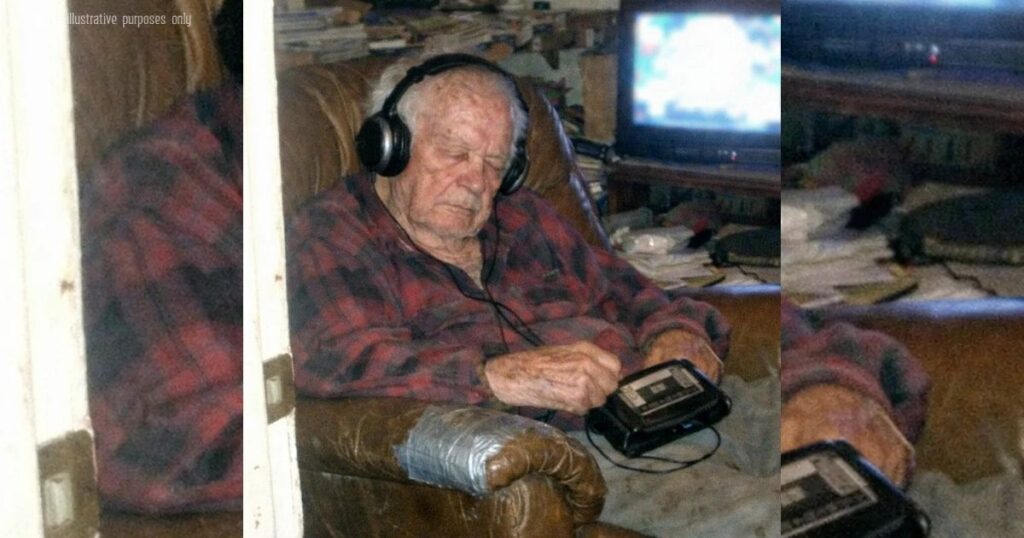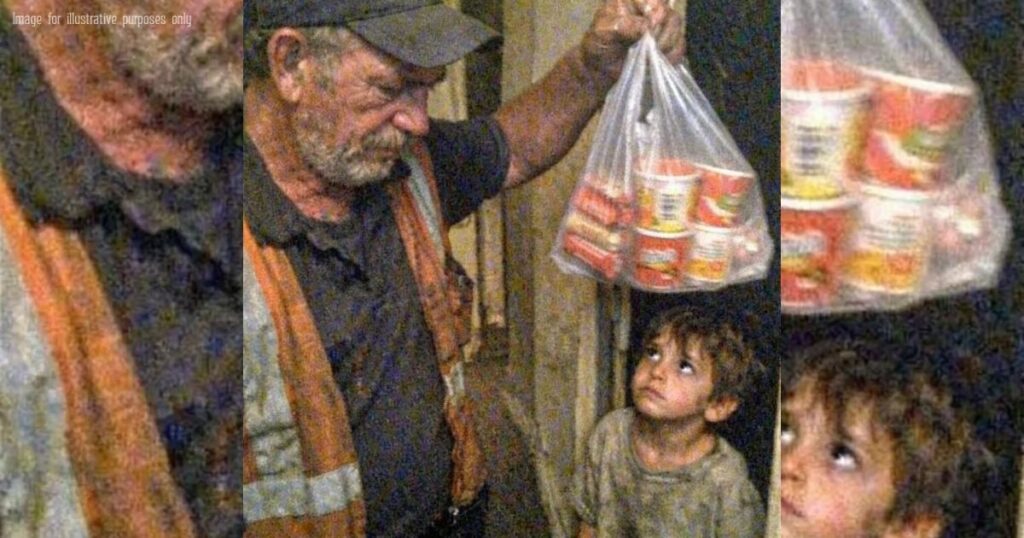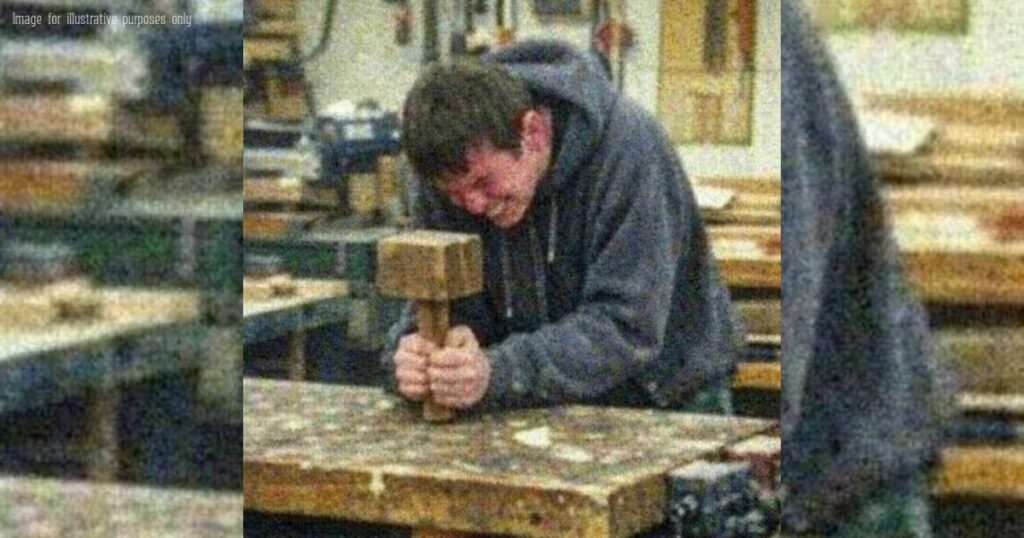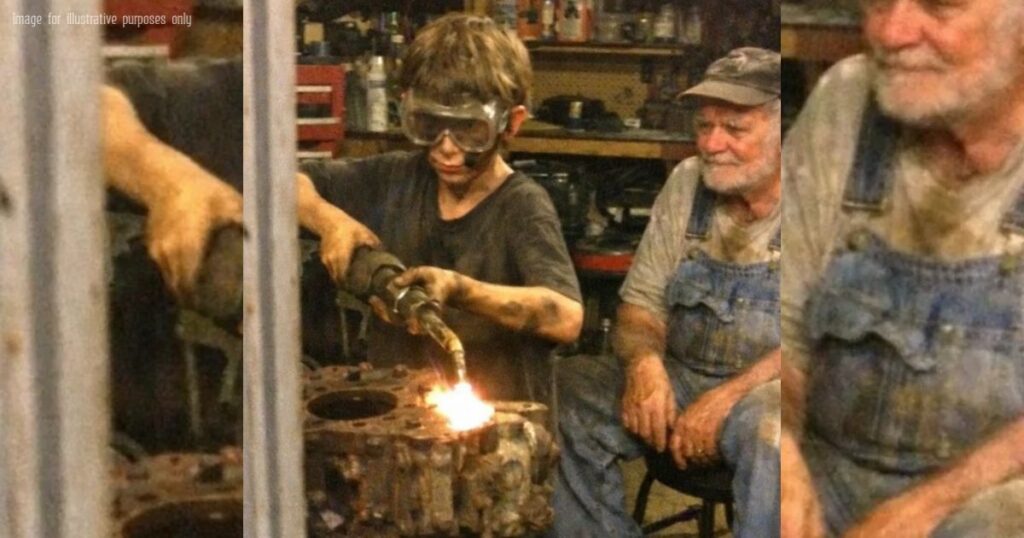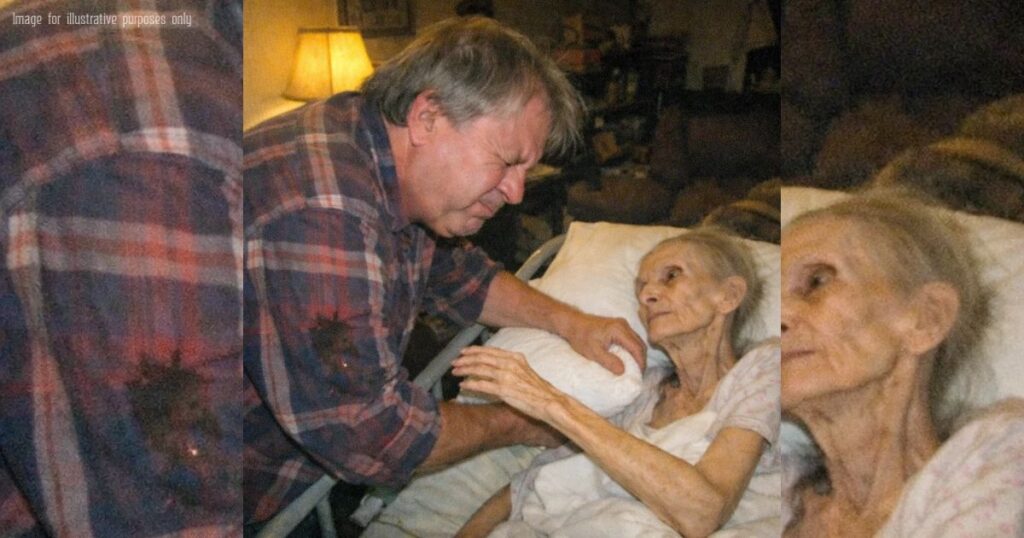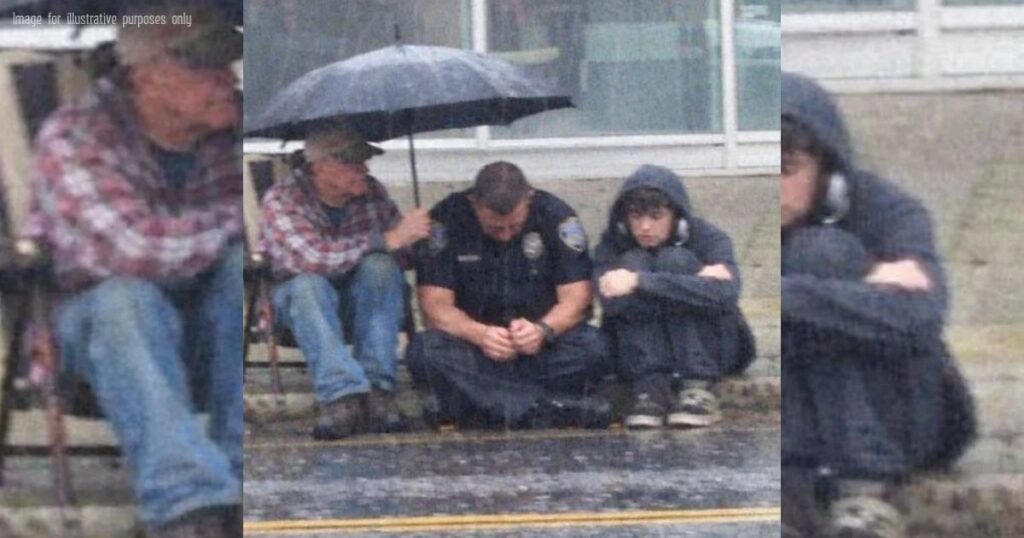When Kindness Breaks the Rules: A Second-Grader, a Slice, and a System
I was doing eighty on the highway because the Vice Principal said my second-grader was caught “distributing contraband” in the cafeteria. I thought he had drugs. I was wrong. It was pepperoni. I walked into the administrative office still wearing my work boots, drywall dust on my jeans. The secretary looked at me like I […]
When Kindness Breaks the Rules: A Second-Grader, a Slice, and a System Read More »
